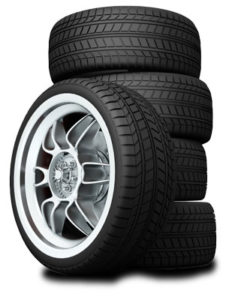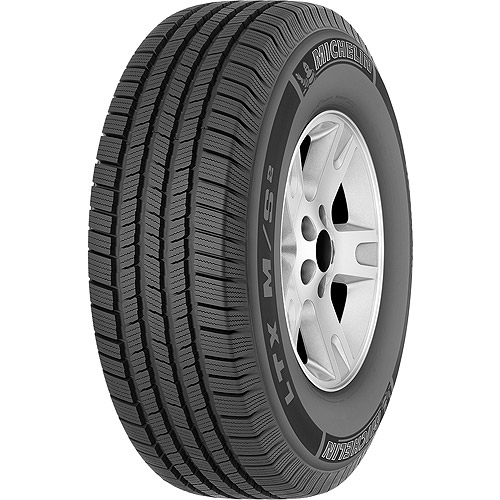
Your local dealer will get back to you within 24 hours with recommendations and to book an appointment.

The term “all season tires” was first used in the 1970’s by tire manufacturers. They used it to describe types of tires that can perform in all seasons. Manufacturers decreased the effectiveness of wet weather gripping in order to increase the mobility of the tire in cold temperatures. All seasons are a great option, but will never perform better than their winter counterparts that are fully designed for messy roads and cold temperatures.

All season tires can handle some winter driving but are more effective for the other 3 seasons: spring, summer & fall. Many vehicles leave the factory fitted with all seasons so they provide a quiet ride, decent tread life and year round performance.
In order to provide this year round performance, all season tires are made without some main winter or summer capabilities. The capabilities include things like extreme grip, sharp handling or driving on ice. They are a great overall tire, but depending on your driving habits and location, summer and/or winter tires may needed. Not sure if all season tires are right for you? Call one of our tire shops today to get more information.
TIRECRAFT offers a wide range of tires from manufacturers like: Firestone, Hankook, Bridgestone, General Tire, Toyo Tires, Michelin, GT Radial, Yokohama and Goodyear.
There are currently two classes of all season tires to meet today’s driver’s needs. These include:

Both passenger and touring tires come in a variety of sizes and speed ratings so they will fit a number of vehicle makes and models in today’s market. They are premium and budget friendly options to choose from, and have many differences between the 2 options.
There is always the question about which is better: All season or winter tires? The answer will strongly depend on your driving habits, conditions and where you live.
If you only experience light flurries with minimal ice than all season tires may be a good option. BUT, if you know there is a period of time when snowy and icy roads are always an occurrence, having winter tires is suggested.
Mounting a full set of winter tires on your vehicle for the winter will help improve safety by increasing traction, and decreasing the chance of losing control while driving on snowy, wet, ice covered roads.
It is also important to remember to remove your winter tires as spring arrives. If you leave them on the rubber will wear down faster on heated, dry pavement.
At the end of the day, all season tires are a good option for drivers who want year round performance and don’t frequently deal with driving in extreme cold, ice and snow.
Statistics show that 49% of Canadians try to use all-season tires though Canadian winters. Unfortunately, a tire designed for use in warmer weather will not perform as safely in a cold climate. The same applies to a tire designed for cold performing poorly in a warm climate. For example, when the temperature dips below 7°C degrees, the compound used in an all season tire gets stiffer which results in longer braking distances.